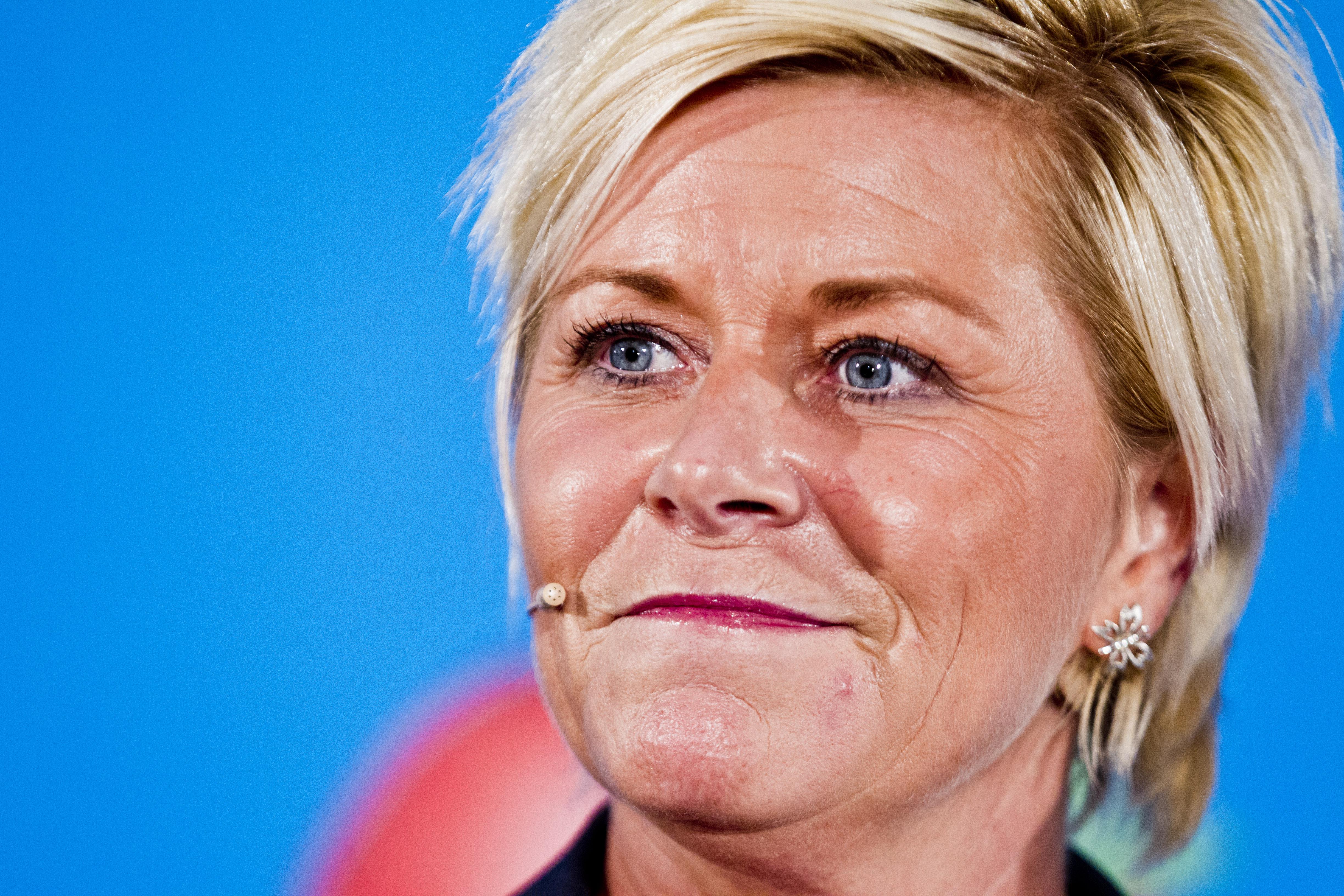In what the English-language Norwegian news source the Local describes as a display of “total ignorance,” the White House’s appointee for the next U.S. ambassador to Norway made a rather sizeable diplomatic blunder before he even formally got the job.
When asked at his confirmation hearing by Sen. John McCain what he thought of the appeal of the anti-immigrant Progress Party, George Tsunis replied, “You get some fringe elements that have a microphone and spew their hatred. … And I will tell you Norway has been very quick to denounce them.”
The Progress Party may be extreme in their beliefs—in the past they have advocated capping the number of new immigrants to Norway at 1,000 per year and testing all new arrivals for AIDS, and they’ve stoked fears of the “sneak-Islamization” of the country”—but they’re not exactly a fringe group, and Norwegians haven’t exactly denounced them. Though they’ve lost some support recently, they’re still the third-largest party in parliament and are party of the country’s governing coalition. Progress Party Leader Siv Jensen is currently the country’s finance minister.
Tsunis’ stumble may bring some more attention to the now common practice of rewarding campaign donors with plum ambassadorships. As the Local notes, Norway’s new ambassador, the CEO of Chartwell Hotels, “donated $267,244 to the Democratic party in the 2012 election cycle, and $278,531 in 2010, making him one of the party’s top individual donors.” (It’s tempting to read a partisan story line into this. Tsunis was once a prominent McCain supporter before switching parties, but the question is a pretty basic one, so it’s hard to imagine McCain was intentionally tripping him up.)
According to Bloomberg, as of last summer, “At least 26 of Obama’s current and nominated ambassadors were major Democratic campaign contributors, giving a total of at least $13.6 million to him, the Democratic Party, and congressional candidates, according to data compiled by Bloomberg.”
Obama’s is hardly the first administration to reward donors this way, though he may be raising the practice to a new level. According to the American Foreign Service Association, 36.6 percent of Obama’s ambassadorial appointments have been political appointees. That’s compared with 30.02 percent for George W. Bush, 27.82 percent for Bill Clinton, and 31.3 percent for the first President Bush.
The issue is not always quite as cut-and-dried as critics portray it. The appointment of prominent Obama campaign supporter Caroline Kennedy as ambassador to Japan irritated many in Washington, but the Japanese public seemed thrilled when the late president’s daughter arrived in Tokyo, despite the fact that she doesn’t speak Japanese and has little foreign policy experience. (More recently, she may have worn out her welcome by criticizing a controversial annual dolphin hunt.)
Generally speaking, modern ambassadors are not the ones actually formulating foreign policy. Veteran foreign-service folks probably wouldn’t agree, but with the exception of a few countries like China, Egypt, or Pakistan, where an official on the ground’s initial response to a crisis could have a major impact on U.S. interests, it seems as though a competent political insider could do an ambassador’s job as well, or if not better, than a subject-matter expert.
On the other hand, the one time ambassadors to countries like Norway typically make news is by saying something dumb, so appointees should know the lay of the land in their posting at least well enough to avoid embarrassment. Tsunis isn’t off to a great start.
